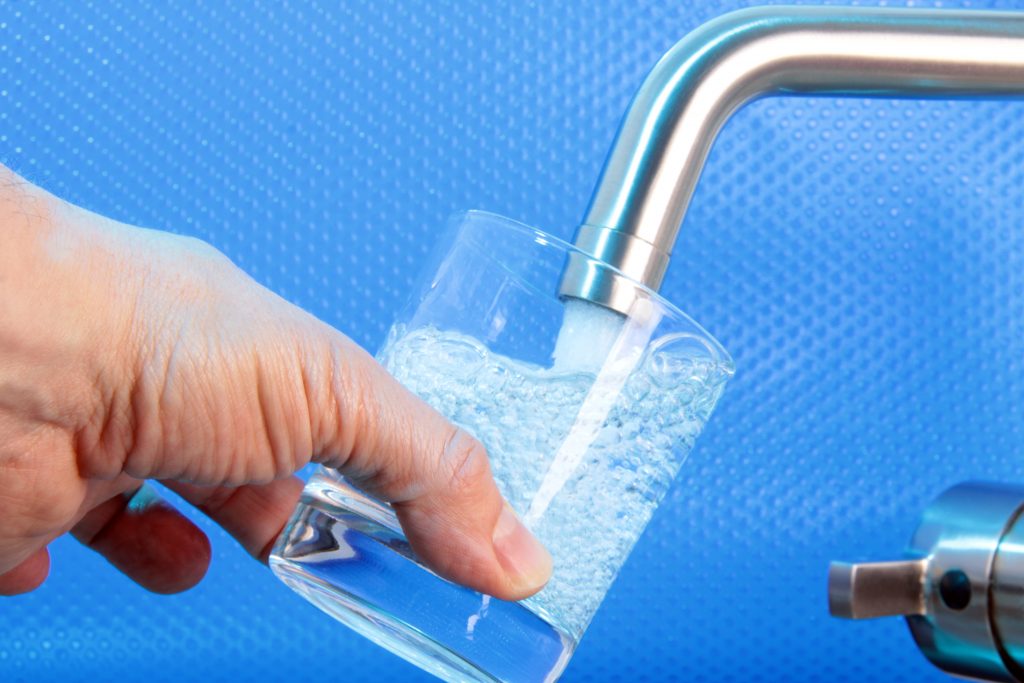
Legionella is a hazardous bacteria that can grow in contaminated water. If it is ingested or inhaled, it can cause very serious health effects such as high fever, headaches, shortness of breath, nausea, and coughing.
If a person contracts Legionnaires’ disease, it is very infectious and can lead to a fatal form of pneumonia in some cases. The risks are heightened in older people, those with poor immune function and lung issues. In most cases, antibiotics are required to treat the disease.


The L8 approved code of practice published in 2001 explains the requirement for landlords of domestic and business premises to assess the risks of exposure to Legionella for their tenants.
Landlords, premises managers and employers have a duty to understand and manage the risks, ensuring all water systems are checked regularly.
The law states that if you rent out a property, then you have a legal responsibility to ensure that the health and safety of your tenants are maintained by keeping the property safe and free from health hazards. This includes ensuring tenants have safe and usable drinking water, by controlling the risk of exposure to legionella bacteria.
These legal duties apply to private sector landlords, local authorities, housing co-operatives and hostels. Although a professional legionella risk assessment is not the law, it is strongly recommended by the government.

A Legionella and water risk assessment is the first step towards being compliant with Health and Safety Executives Legionella approved code of practice document, ACOP L8.
A professional Legionella risk assessment will cover all the water systems in your rental property. Many landlords and premises managers choose an expert assessor such as Taurus Water Hygiene to carry out a comprehensive test to save them the hassle and responsibility of trying to assess the conditions themselves.
As part of your risk assessment, we will do the following in line with L8 health and safety legislation:
Book in with Taurus Water Hygiene for your free site survey today with one of our qualified risk assessors on 01902 677 887, emailing [email protected] by filling in our contact form for a callback. We are based in Birmingham, West Midlands but service across the UK.